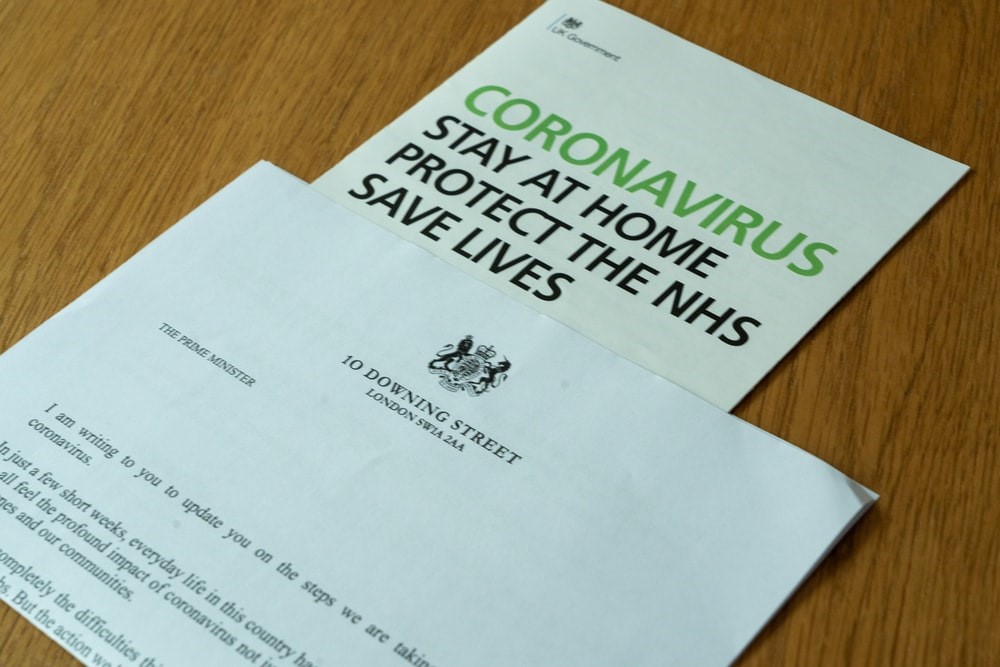
BBC news reported that approximately 4.7million people were waiting for routine operations in England in February 2021. 388,000 people waited more than a year for non-urgent surgery. This is a staggering amount when there were just 1,600 waiting more than a year for non-urgent surgery before the pandemic began.
In Wales in 2021, over 115,000 patients had been waiting more than a year for an operation. The number of patients waiting over 36 weeks was 200,000 higher than the same month in 2019.
From April 15th 2020, the NHS was forced to cancel non-emergency operations due to the strain of the Coronavirus outbreak. But what are your rights if an operation that would improve your life has been cancelled, and how long are you expected to wait for a rescheduled date?
Find out more about Coronavirus surgery delays and cancellations, how to complain about a cancelled operation, and whether you are entitled to compensation below.
Why Are the NHS Cancelling Operations?
Even in normal times, it’s not unusual for non-emergency NHS operations to be cancelled. There are a number of reasons to cancel surgery that aren’t clinical, such as the lack of availability of beds, equipment failure, staff being unavailable or the need to prioritise emergency cases.
However, with the spread of Coronavirus, the number of operations being cancelled quickly increased as the need to release capacity at hospitals and containing the risk of infection became a top concern.
On April 15th 2020, the NHS made the decision to cancel all non-essential surgeries for three months. This means that many more people faced an anxious wait to have procedures re-booked as theatres have reopened once more.
Research estimated that over 28 million operations would be cancelled or postponed during the peak 12 weeks of disruption due to COVID-19, so if you had an operation cancelled due to COVID, you’re not alone.
Should All Operations Have Been Delayed?
At the start of the pandemic, a guide was produced at the request of the NHS which gave a clinical guide to surgical prioritisation during the pandemic. This set out the timescale that certain operations should be completed in. It covers a wide range of fields of medicine.
Examples of the indicated timeframes for orthopaedic surgery are:
- Patients with open fractures, dislocated joints, compartment syndrome and cauda equina syndrome should have an operation in under less than 24 hours.
- Patients with arthroplasty, where a delay would impact the outcome, should have an operation within one month.
- Patients who require tendon reconstruction or severe frozen shoulder not responding to conservative treatment should respond within three months.
- Patients requiring metalwork removal and adult spinal deformity surgery should have operations performed in excess of three months.
All emergency surgery should have continued as normal.
What Avoidable Harm Can Be Caused to Patients if an Operation is Delayed?
An example
A patient who had rotator cuff surgery delayed for a period of 9 months from when they first attended fracture clinic required shoulder replacement surgery, which would not have been required with timely treatment. This resulted in reduced function of and pain in their dominant arm.
The consequence of this was an impact on their ability to carry out their normal work duties and day-to-day activities such as cooking and DIY. Future surgery was required in 15 years’ time.
If the patient had surgery within three to six months, the rotator cuff tear would have been repairable. By six months following the surgery, they would have had full movement of the shoulder and minimal pain. The patient would have had full strength by 12 months from the operation.
What Happens When My Surgery is Cancelled?
There are a number of procedures in place designed to minimise the impact of a cancelled operation, including re-booking protocols and maximum wait times.
If your procedure is cancelled on the day of surgery, you should be offered a rescheduled date within 28 days. However, if your procedure is cancelled further in advance (which is very likely for COVID cancellations), you’re not entitled to a new date within 28 days and the wait could be significantly longer.
So how long might you wait for treatment? The NHS maximum wait time for a cancelled non-urgent operation is 18 weeks. This means that from the date of your referral by your doctor, you should be seen, and preferably also undergo treatment, within 18 weeks.
How to Complain About a Cancelled Operation
It’s not uncommon for wait times to extend beyond 18 weeks. It’s also foreseeable that, in the wake of a COVID-19 outbreak, there might not only be longer waits for rescheduled surgery, but also a significant backlog of non-emergency patients which might delay things further.
If your wait time has extended beyond 18 weeks, you have the right to complain to PALS (Patient Advice and Liaison Service) at the hospital or Clinical Commissioning Group, and ask for your care to be moved to another hospital.
Are You Entitled to Compensation?
Although we are living in unprecedented times and most of us are very grateful for the amazing health system we have here in the UK, life has not entirely ground to a halt due to COVID-19, and those who need emergency and life-saving treatment should have access to it.
If you have suffered harm that would usually have been avoided if it weren’t for a protracted delay, this is likely to be a breach of duty of care. In such cases, you could be entitled to compensation.
Let Howells Help You Get the Compensation You Deserve
If you have had an operation cancelled due to COVID or any other reason, and believe you may be eligible for recompense, please get in touch with our experienced legal team to find out more about medical negligence compensation and if you have a case.

